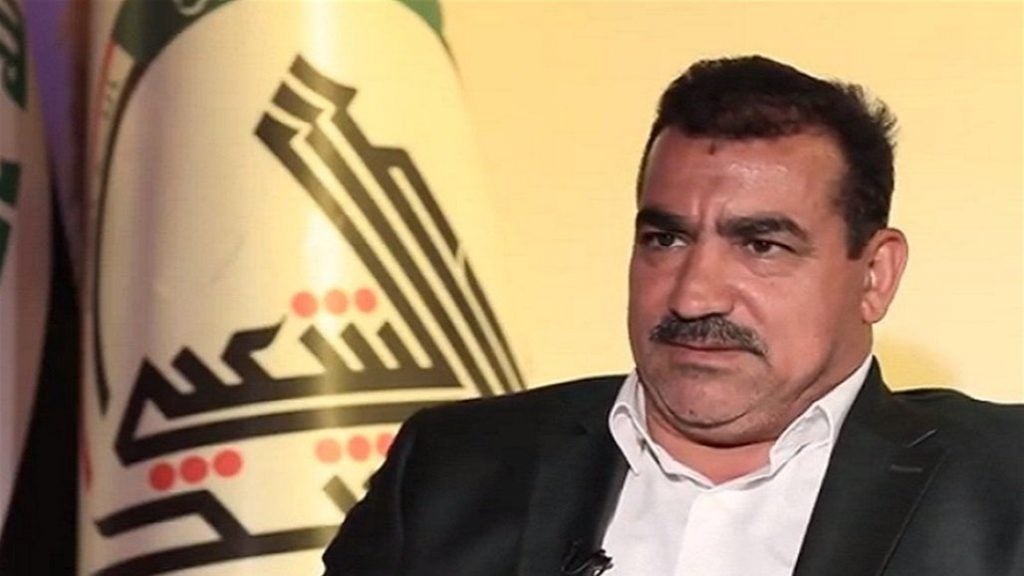Iraqi Militia Leader Arrested Amidst Renewed Iraqi Youth Protests
Iraqi security forces arrested the head of the Tafuf Brigade Popular Mobilization Unit, Qassem Musleh on Wednesday. The morning raid took place following the issuance of an arrest warrant for him, on grounds of suspected involvement in terrorist activity.
Following his arrest, militiamen from various Popular Mobilization Units took to the streets of Baghdad in a show of force, driving around the outer limits of Baghdad’s Green Zone in a clear attempt to pressure Qassem’s release. In response, defense ministry spokesperson Yehia Rasool stated on Twitter that the militia intimidation attempts were “a serious violation of the Iraqi constitution” and civil laws, with an “immediate investigation” of the acts to be carried out.
PMU-aligned media outlets claimed yesterday that Qassem had been released after being detained for six hours. Baghdad denied the claims, saying that Qassem is now in the custody of Joint Operations Command Iraq, and will remain there until a joint investigation by the intelligence agency of the Interior Ministry, military intelligence, National Security, and PMU command among others concludes.
However, government sources that spoke with the Associated Press claim that the arrest of Qassem was due to corruption and complicity in the assassination of Iraqi activists in Karbala. All four of the officials who spoke with AP did so on condition of anonymity, owing to the sensitive nature of the subject.
The arrest comes as a new wave of youth protests centered on Baghdad’s Tahrir Square began on 25 May. Hundreds of protesters have gathered there following a rise in assassinations of activists and journalists, demanding an end to the impunity of the Iran-supported PMUs widely believed to be behind the killings. At least two protesters have been confirmed to be killed, after security forces fired upon them with live ammunition.
These protests are a continuation of the street protests that broke out in October 2019, which demanded an end to widespread unemployment, government corruption, sectarianism and Iran’s domineering influence in Iraq. Quickly overshadowed in most media coverage outside Iraq by the death of Qasem Soleimani, the protests largely ended in February 2020 due to the coronavirus pandemic, security forces’ heavy handed dispersal of sit-ins, and a brutal campaign by the PMUs to kill or silence protesters. Despite the formation of a new government led by Mustafa Al-Kadhimi in May 2020 that promised reforms, it is largely seen as unable or unwilling to address the grievances that led to the protests, sparking a new round of protests.

